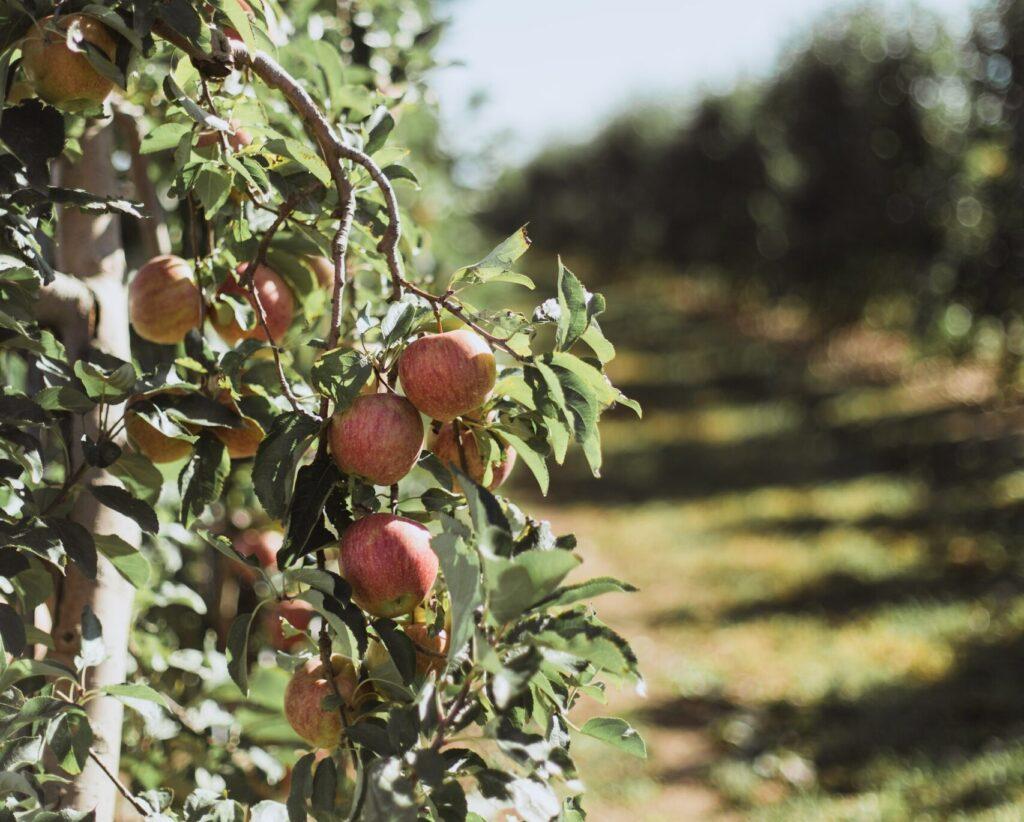Fruit growers cannot rest completely yet
By the second half of April, the flowering of fruit trees in Hungary has finished, indicating that nature is significantly ahead compared to previous years. As a result of the mild winter, vegetation started earlier, which was about three weeks ahead of last year’s pace and about four weeks faster than the average of the last ten years. Ferenc Apáti, the president of the Hungarian Fruit and Vegetable Association and Product Council (FruitVeB), told the Agricultural Sector that although the plantations have so far weathered the severe spring cold, there are still 2-3 weeks of the frost-dangerous period, which lasts from the beginning of March to the middle of May.

The frost waves experienced so far, which occurred between March 19-21 and 25-26, caused only local damage, mainly in apricots and peaches. However, in the national context, the degree of frost damage was not significant, and most fruit species escaped the frosty period. However, cool weather can still cause problems, especially during fruit set, when fruit size can set back later in the harvest.
At the same time, the recent cool weather has also brought precipitation, which is welcome after the previously dry conditions. Due to the drought of the past two months, the top 20 centimeters of the soil has dried out significantly, so the fresh rainfall helped alleviate the drought. However, cool weather can have long-term consequences for fruit size and yield.
Related news
Winter frosts may reduce beet supply in the region
🎧 Hallgasd a cikket: Lejátszás Szünet Folytatás Leállítás Nyelv: Auto…
Read more >Related news
MOHU: 5,200 return points are in operation, but 47 larger settlements still do not have RE points – public “enema” machines may be introduced
🎧 Hallgasd a cikket: Lejátszás Szünet Folytatás Leállítás Nyelv: Auto…
Read more >GDP growth in OECD member countries slowed to 0.3 percent in the last quarter of last year
🎧 Hallgasd a cikket: Lejátszás Szünet Folytatás Leállítás Nyelv: Auto…
Read more >KSH: in the fourth quarter of last year, investment performance was 1.3 percent lower than a year earlier
🎧 Hallgasd a cikket: Lejátszás Szünet Folytatás Leállítás Nyelv: Auto…
Read more >








